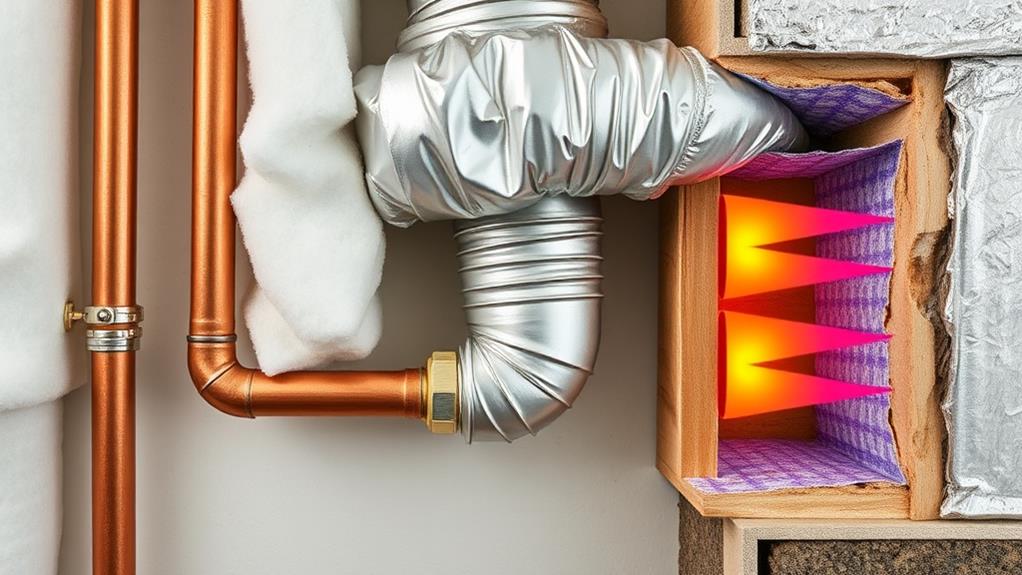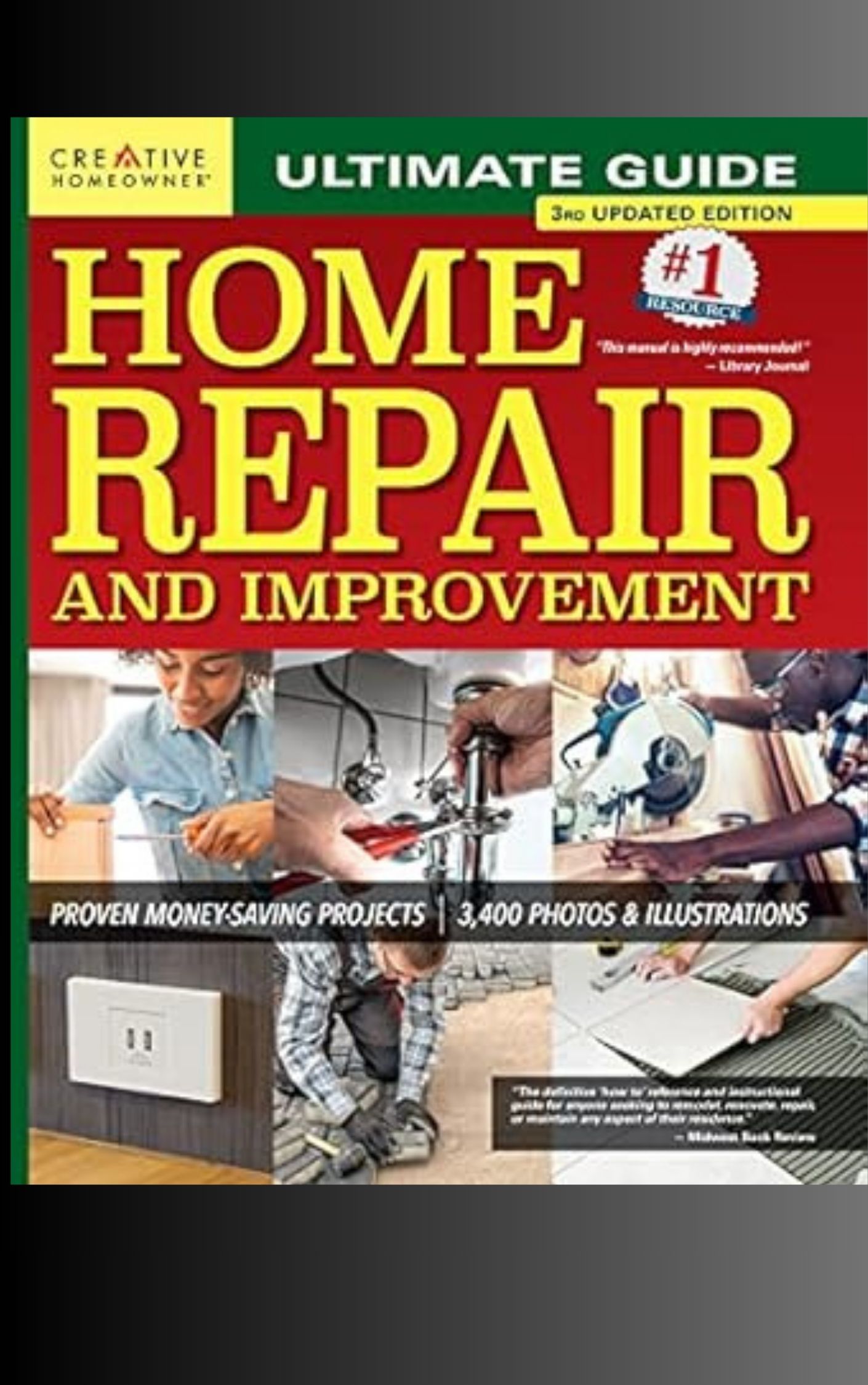Insulating your pipes and ductwork is a smart move that can significantly impact your home's efficiency and comfort. You'll save on energy costs by reducing heat loss and maintaining consistent temperatures throughout your living spaces. Proper insulation prevents condensation, protecting against mold growth and water damage. It also dampens noises from plumbing and HVAC systems, creating a quieter environment. By insulating, you'll extend the lifespan of your pipes and ductwork, reducing wear and tear on your systems. With benefits ranging from energy savings to improved comfort, insulating your pipes and ductwork is an investment that pays off in multiple ways.
Energy Savings
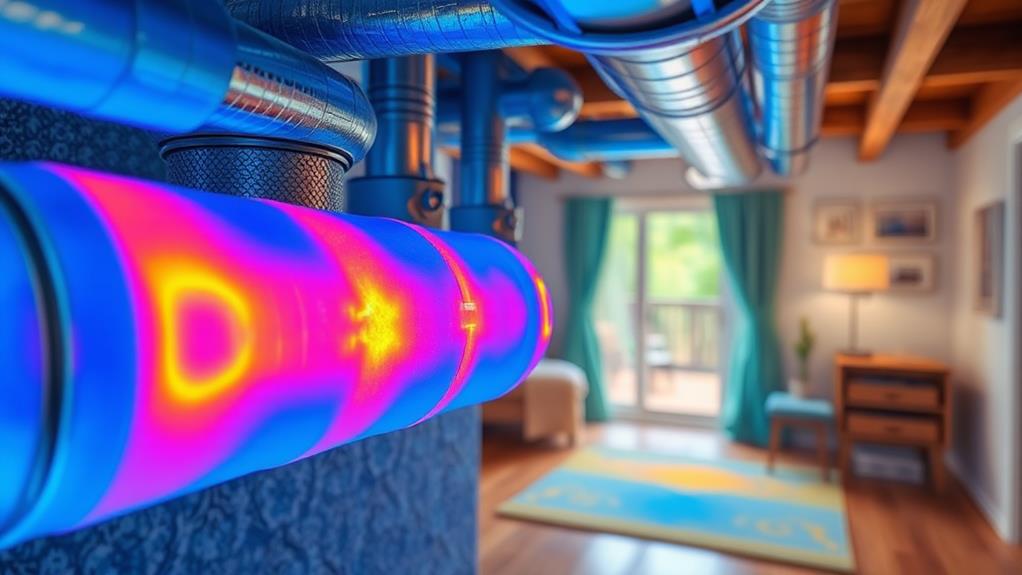
Insulating your pipes and ductwork can lead to significant energy savings. When you insulate these systems, you're preventing heat loss or gain, which means your heating and cooling equipment doesn't have to work as hard to maintain desired temperatures. This reduction in energy consumption translates directly to lower utility bills.
For hot water pipes, insulation keeps the water warmer as it travels through your home, reducing the need for your water heater to reheat it. In cold climates, it also protects against freezing.
For air ducts, insulation prevents conditioned air from losing its temperature as it moves through unconditioned spaces like attics or crawl spaces.
The energy savings can be substantial. You'll typically see a 3-4% reduction in your heating and cooling costs for every degree you're able to adjust your thermostat due to improved efficiency. Over time, these savings add up, often paying for the cost of insulation within a few years. Plus, you're reducing your carbon footprint by using less energy overall, making insulation an environmentally friendly choice as well as a cost-effective one.
Improved Comfort
Three key ways insulated pipes and ductwork improve your home's comfort. First, insulation maintains consistent temperatures throughout your living spaces. When hot or cold air travels through uninsulated ducts, it can lose up to 30% of its temperature before reaching its destination. Proper insulation ensures that the air stays at the desired temperature, creating a more uniform and comfortable environment in every room.
Second, insulated pipes and ducts reduce noise transmission. Uninsulated metal ducts can amplify the sounds of rushing air, creating a distracting background noise. Insulation absorbs these sounds, resulting in a quieter and more peaceful home atmosphere.
Lastly, insulation helps prevent condensation on cold water pipes and air conditioning ducts. This reduces the risk of water damage, mold growth, and musty odors in your home. By keeping the surface temperature of pipes and ducts above the dew point, insulation eliminates the formation of moisture that can compromise your indoor air quality and overall comfort.
Moisture Control
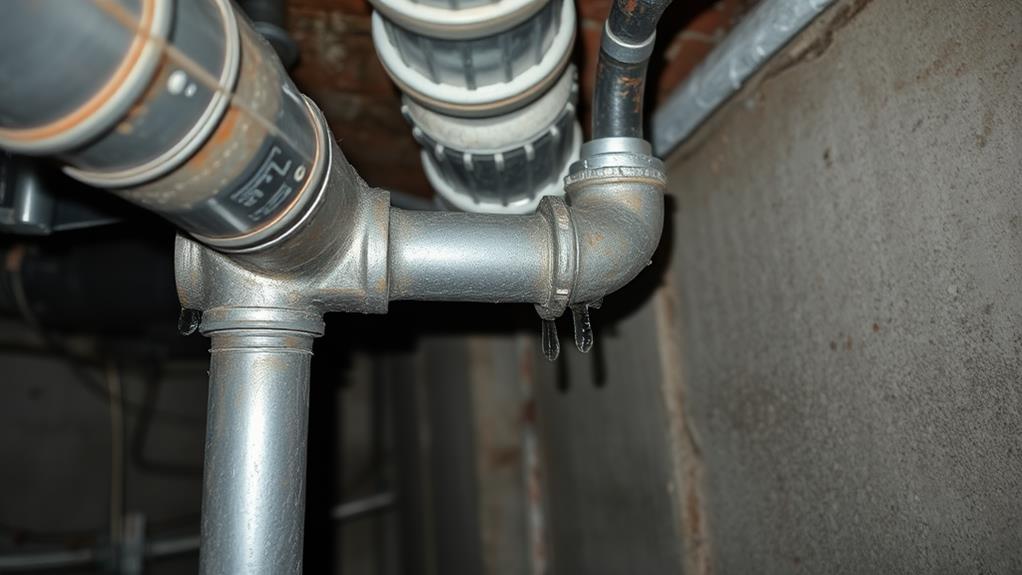
Through effective moisture control, insulated pipes and ductwork play a crucial role in maintaining your home's integrity and air quality. When you insulate your pipes and ducts properly, you're creating a barrier that prevents condensation from forming on their surfaces. This is especially important in areas with high humidity or temperature fluctuations.
Uninsulated pipes and ducts can become breeding grounds for mold and mildew, which thrive in damp environments. These fungi can release spores into your home's air, potentially causing respiratory issues and allergic reactions. By controlling moisture, you're actively protecting your family's health and preserving your home's structural integrity.
Insulation also helps prevent water damage caused by condensation dripping onto walls, ceilings, or floors. This can lead to costly repairs and compromise your home's insulation effectiveness. Additionally, proper insulation reduces the risk of pipes freezing in cold weather, which can cause them to burst and result in extensive water damage.
Noise Reduction
Silence is golden, especially when it comes to your home's plumbing and HVAC systems. Insulating pipes and ductwork can significantly reduce the noise that travels through these conduits, creating a more peaceful living environment.
When water rushes through pipes or air flows through ducts, it can create vibrations and sounds that reverberate throughout your home. By adding insulation, you'll dampen these vibrations and muffle the noise.
For pipes, insulation helps absorb the sound of water flowing, reducing the annoying dripping or rushing noises you might hear in your walls. It's particularly effective for waste pipes, which can be notoriously noisy.
In HVAC systems, insulated ductwork minimizes the sound of air movement and can prevent the "popping" noises caused by metal ducts expanding and contracting with temperature changes.
You'll notice the biggest difference in noise reduction when you insulate pipes and ducts that run through living spaces or bedrooms. Don't forget about return air ducts, as they can be just as noisy as supply ducts. By investing in proper insulation, you're not just saving energy – you're also creating a quieter, more comfortable home environment.
Prolonged System Lifespan
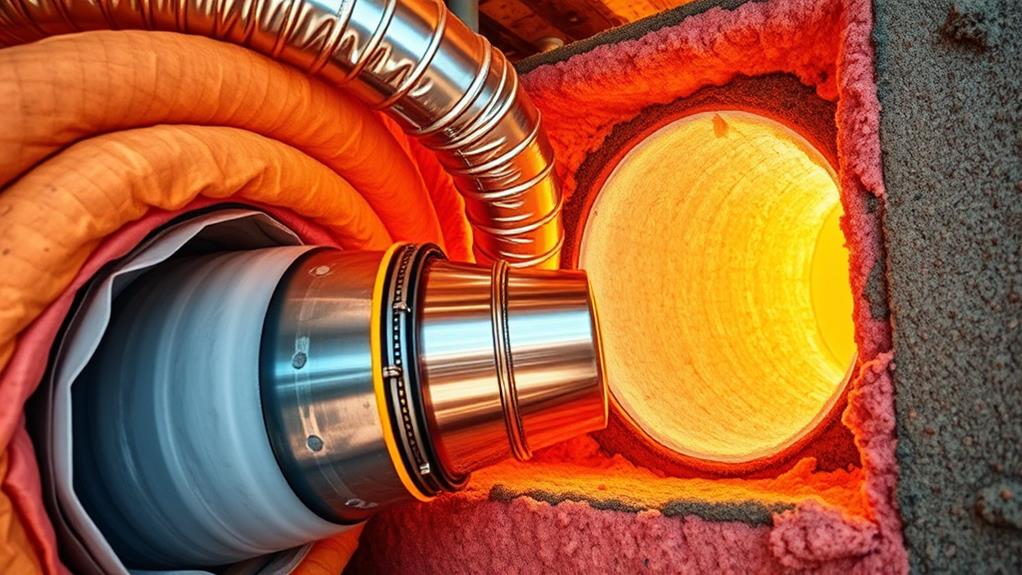
Insulating your pipes and ductwork isn't just about saving energy or reducing noise – it's also a smart way to extend the lifespan of your home's plumbing and HVAC systems. By protecting these vital components from temperature fluctuations and external elements, you're reducing the stress they endure over time.
Properly insulated pipes are less likely to freeze in cold weather, preventing costly burst pipes and water damage. In hot climates, insulation helps maintain consistent temperatures, reducing the risk of expansion and contraction that can lead to leaks or cracks.
For ductwork, insulation prevents condensation, which can cause rust and deterioration of metal ducts. Insulation also helps your HVAC system operate more efficiently, reducing wear and tear on its components. When your system doesn't have to work as hard to maintain desired temperatures, it experiences less strain, leading to fewer breakdowns and a longer operational life.
You'll notice reduced maintenance costs and fewer emergency repairs over time. By investing in quality insulation for your pipes and ductwork, you're essentially giving your home's systems a protective shield, ensuring they'll serve you reliably for years to come.
Conclusion
You've seen how insulating pipes and ductwork is more than just a home improvement task—it's a game-changer for your comfort and wallet. By tackling this often-overlooked aspect of your home, you're not only slashing energy bills but also creating a cozier, quieter living space. Don't let moisture issues dampen your spirits either. With proper insulation, you're extending the life of your systems and wrapping your home in a blanket of efficiency. It's time to pipe up and insulate!
